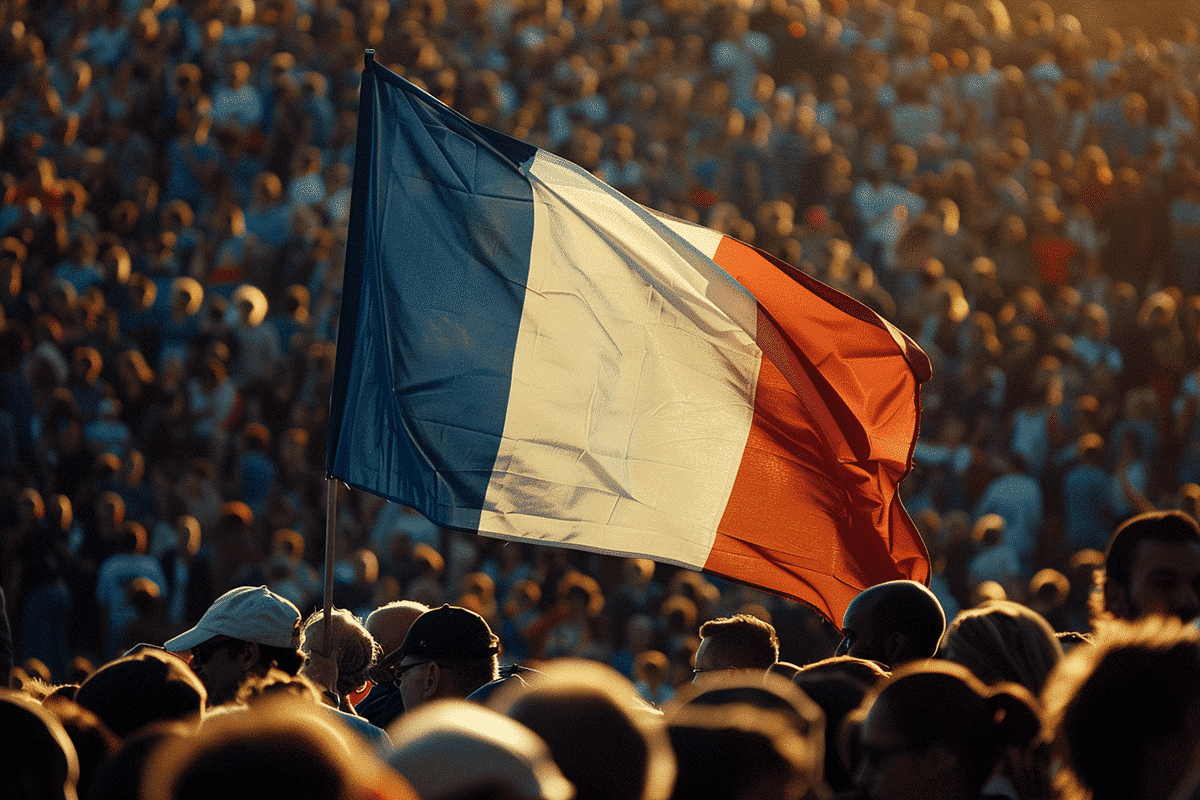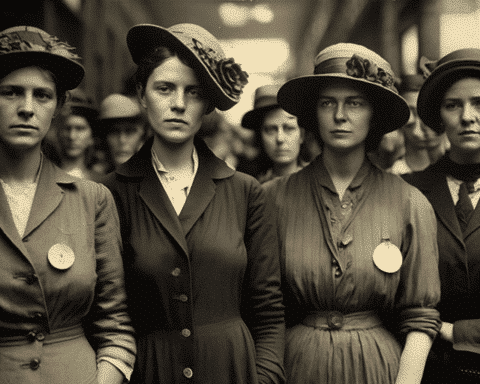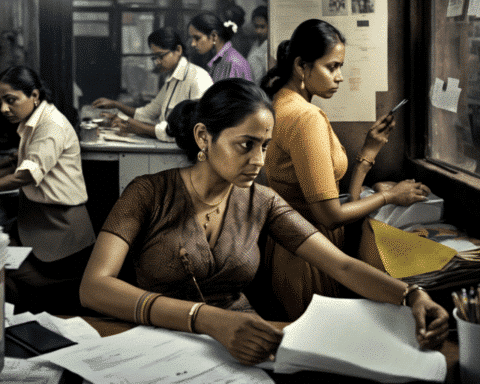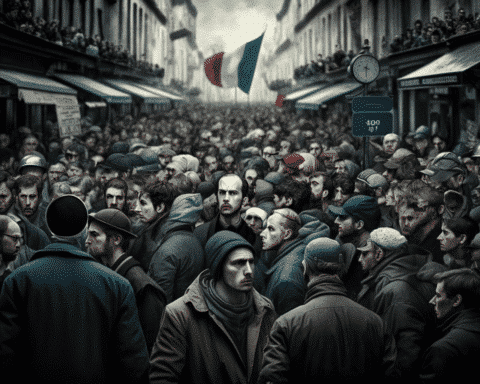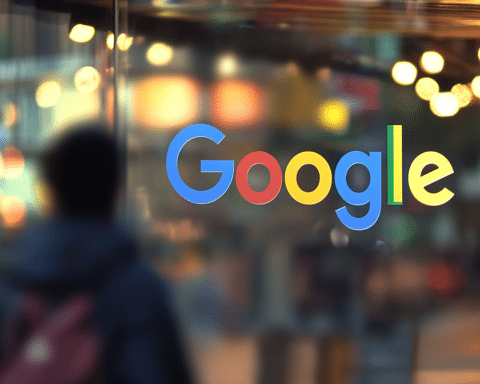France, the land of romance, is stepping into the global spotlight as the host of the upcoming Olympic Games. While often associated with love and elegance, the French identity is a complex tapestry woven from diverse threads of history, culture, and social dynamics.
A Rich Tapestry of Diversity
France boasts one of Europe’s most diverse populations, a result of centuries of conquest and more recent waves of immigration. Over the past 200 years, people from Italy, Spain, Eastern Europe, and former French colonies have settled in France, contributing to its rich cultural mosaic. This diversity, while a source of strength, also presents unique challenges and dynamics that shape French society.
Known affectionately as “the Hexagon” due to its roughly six-sided shape, France’s geographical boundaries are defined by natural barriers such as the Mediterranean Sea, the Alps, the Pyrenees, the Rhine River, and the seas to the west and north. The country’s population stands at 68.4 million, including 2.2 million inhabitants of overseas regions in the Caribbean, South America, and the Indian Ocean.
Gender Dynamics and Social Challenges
Despite having a slightly higher female population, France has never had a female president and continues to grapple with significant issues of gender-based violence. Annually, dozens of women are victims of domestic violence, highlighting ongoing societal challenges. The Panthéon, Paris’ historic resting place for distinguished French figures, includes only five women among its 78 inductees, with the first woman, scientist Marie Curie, inducted only in 1995.
A Complex Approach to Equality
France prides itself on the ideals of fraternity, liberty, and equality, yet these principles are not always applied uniformly across its population. Officially, France does not categorize citizens by race or religion, striving for a colorblind universalism. However, this approach has its critics. People of color and human rights groups argue that this policy leads to unmeasured and unresolved discrimination, particularly in underprivileged areas with significant immigrant populations.
This underlying tension has fueled political polarization and the rise of the anti-immigration, far-right National Rally party. Recent elections, marked by unusual violence, saw significant gains for the party, reflecting deep societal divisions over immigration and integration.
Secularism and Religious Freedom
France’s secular constitution ensures a clear separation between church and state. Religious symbols are banned in public spaces like schools, hospitals, courts, and sports fields. This extends to a ban on French Olympians wearing headscarves at the Paris Games, a restriction not imposed on athletes from other nations. Despite this secular stance, France guarantees the right to practice any faith, and its religious architecture, from the iconic Notre Dame Cathedral to modernist chapels, showcases a variety of religious expressions.
Interest in religion, however, is waning. A recent Insee study revealed that over half of French adults aged 18-59 declare no religious affiliation, with the trend most pronounced among those without immigrant backgrounds. While Catholics remain the largest religious group, their numbers are declining, with Muslims now representing the second-largest group.
Evolving Food and Wine Culture
French culture is synonymous with exquisite food and wine. Historically, French citizens consumed large quantities of wine, but modern trends show a significant decrease in alcohol consumption, with a shift towards higher-quality wines. French culinary traditions are passed down through school canteens, where students enjoy freshly cooked meals, including a starter, main course, and dessert or cheese. Schools also offer tasting classes and must provide at least one vegetarian menu per week.
Despite their culinary sophistication, the French have embraced “le fast food.” McDonald’s, which opened its first French restaurant in 1979, now has 1,560 locations across the country, making France one of its largest European markets.
Embracing Tradition and Modernity
As France prepares to host the Olympics, the world’s eyes are on a nation that defies easy categorization. From its diverse population and complex social dynamics to its secularism and evolving cultural practices, France embodies a unique blend of tradition and modernity. Understanding these facets offers a deeper appreciation of what it means to be French in today’s world.
